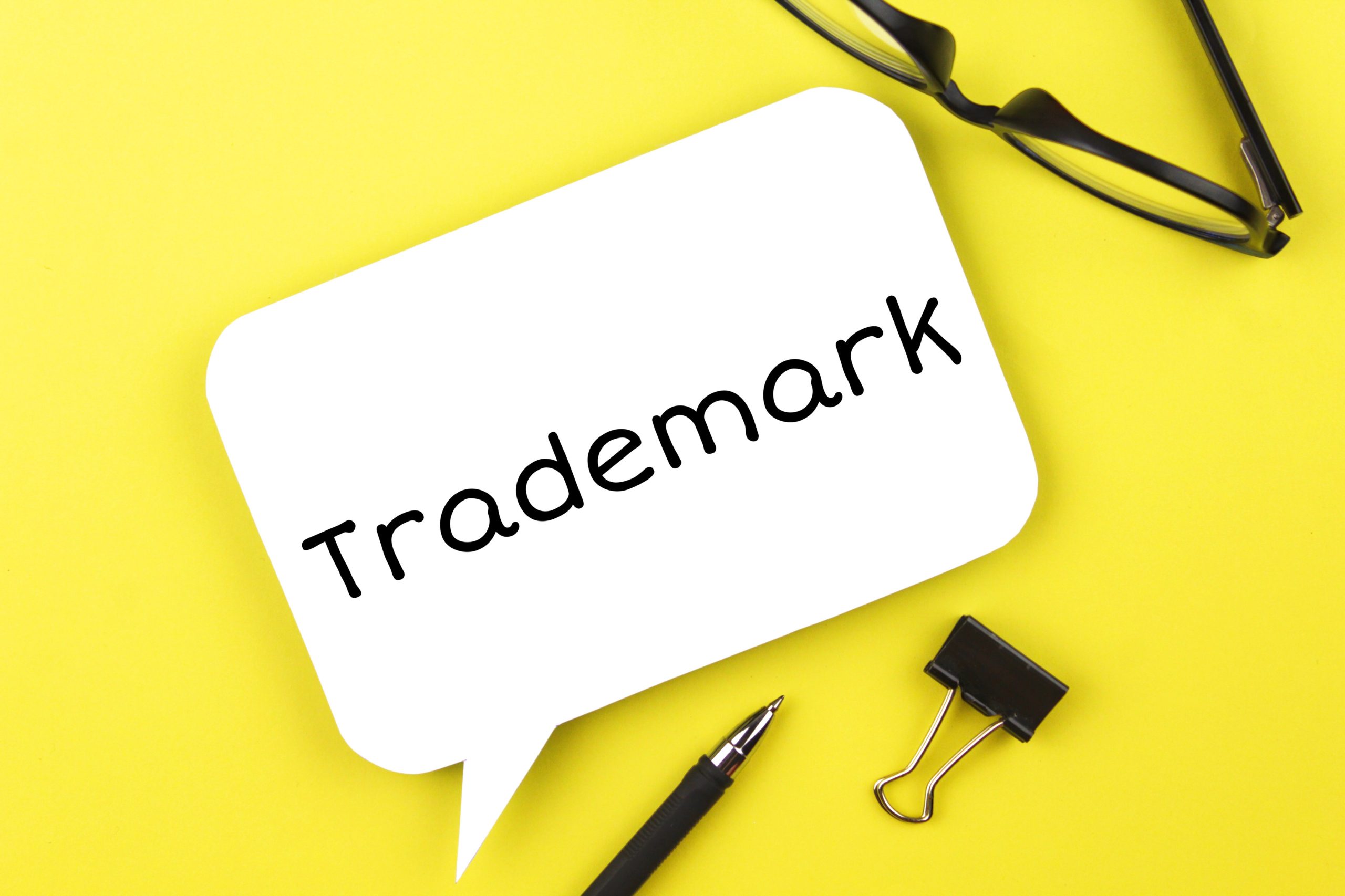When Does Registering a Trademark Make Sense?
A company’s name, brand names, logos, and slogans form an important part of its image in the world. These all can be examples of a company’s trademarks. The Lanham Act (at 15 U.S.C. §1127), the applicable federal law regarding trademarks, defines a trademark (in relevant part) as a “word, name, symbol, or device, or any combination thereof … used by a person, … to identify and distinguish his or her goods, including a unique product, from those manufactured or sold by others and to indicate the source of the goods, even if that source is unknown.” Importantly, a company does not need to register a trademark to have rights to the trademark if the trademark is being used in commerce. So when should a company register a trademark with the United States Patent and Trademark Office (USPTO)?
There are a few factors to consider. First, due to constitutional limits on what Congress can regulate, federal registration is only available to trademarks used by a company in interstate commerce, commerce with or within US territories, or commerce between the US and foreign countries. Second, there are the costs in time and money associated with filing a trademark application with the USPTO to consider. As of 2023, it takes approximately eight to ten months after filing before the USPTO begins examining the application. The costs associated with filing a trademark application are based on a per mark, per class (of goods or services covered by the trademark) basis (currently $350.00) and there may be other fees due to the USPTO as the application progresses.
The Big Advantage
However, there are advantages to having a registered trademark. First, the Lanham Act provides several powerful remedies for when a company proves infringement of its federally registered trademarks. These include recovering the defendant’s [infringer’s] profits, any damages the trademark holder sustains from the infringement, and the trademark holder’s costs of the trademark infringement action (as outlined in 15 USC §1117(a)). Second, after five years of continuous use, a registered trademark becomes incontestable, making it much harder to attack by a potential infringer.
For most companies it makes little sense registering every slogan, logo, and brand name used in its marketing. However, the extra protections awarded to registered trademarks make the time and effort in applying worth it for those marks which the company considers core to its current and future business.








 David has helped individuals, research institutions, and start-ups with registering their trademarks and applying for patent protection on their inventions. During his career, he has helped his clients buy and sell intellectual property of all types, either alone or as part of a larger transaction, and license intellectual property rights.
David has helped individuals, research institutions, and start-ups with registering their trademarks and applying for patent protection on their inventions. During his career, he has helped his clients buy and sell intellectual property of all types, either alone or as part of a larger transaction, and license intellectual property rights.